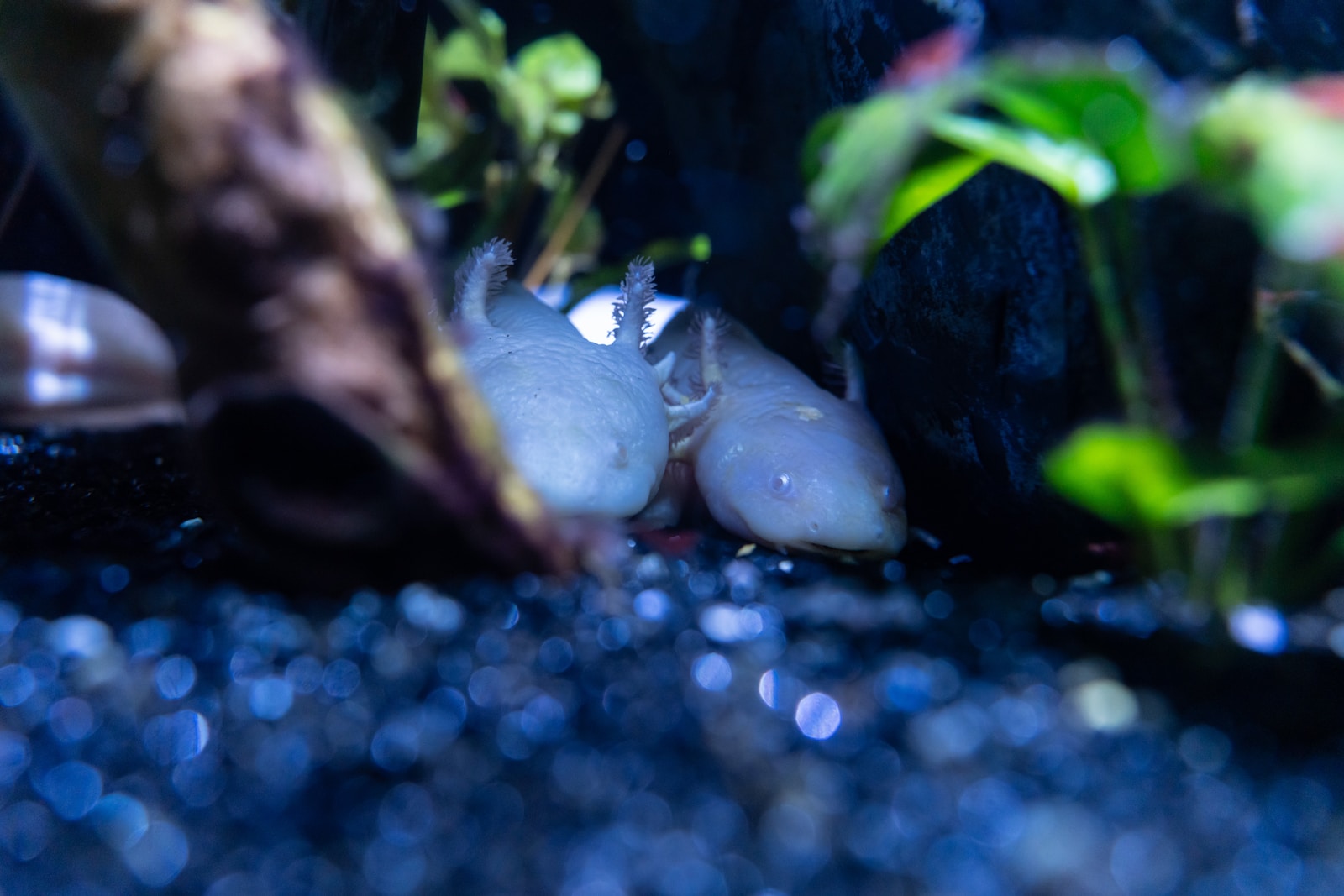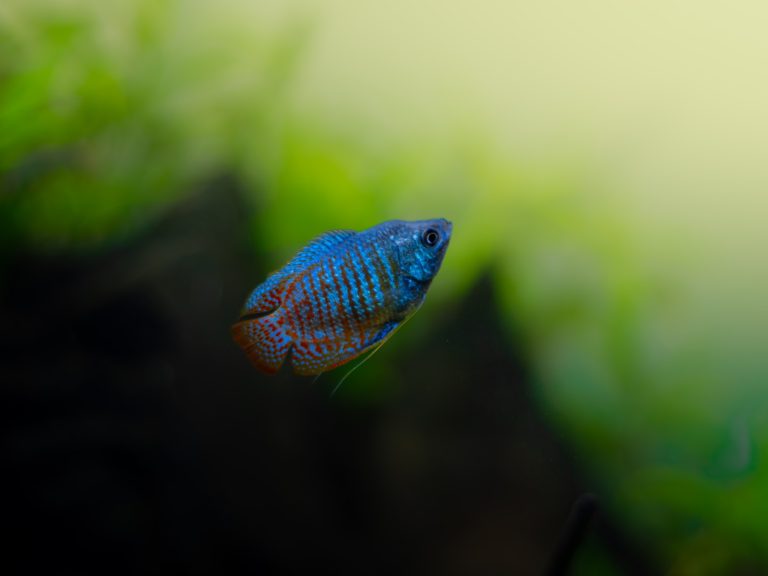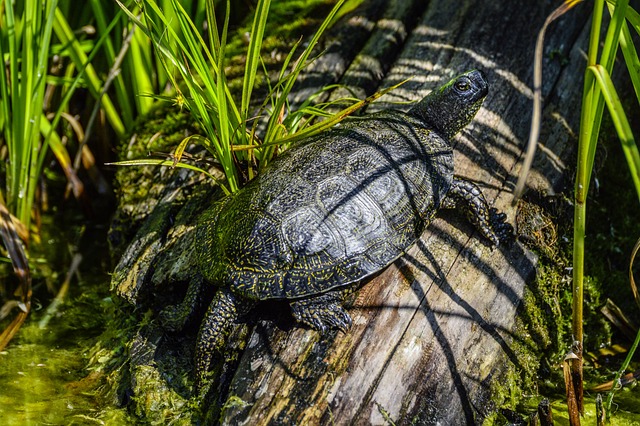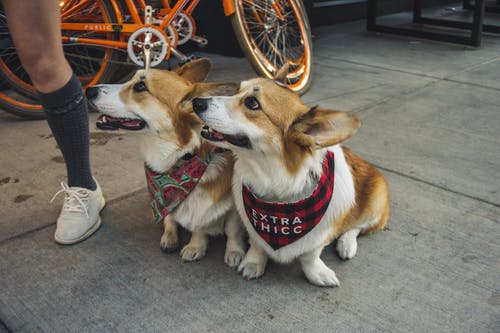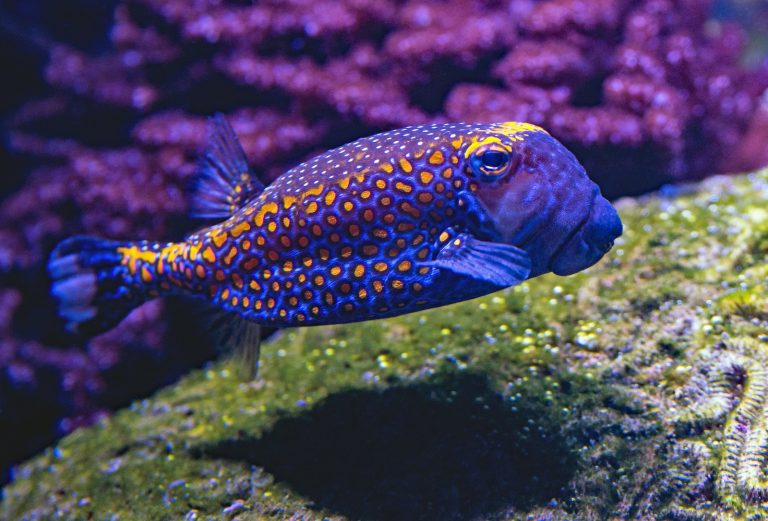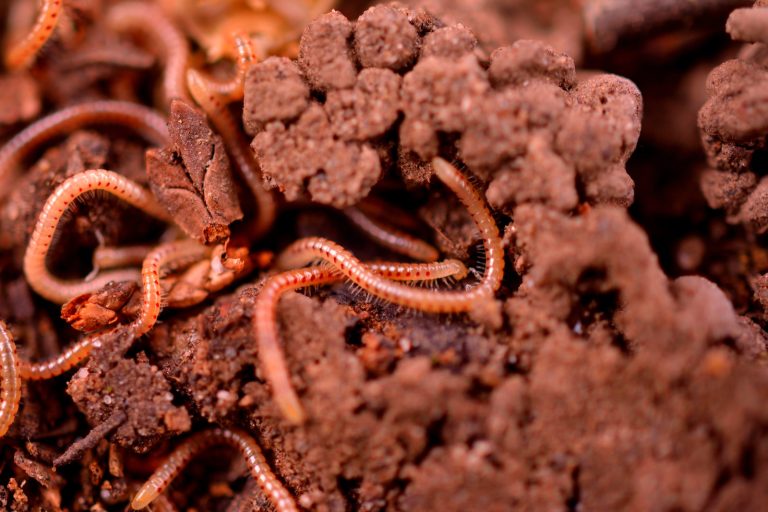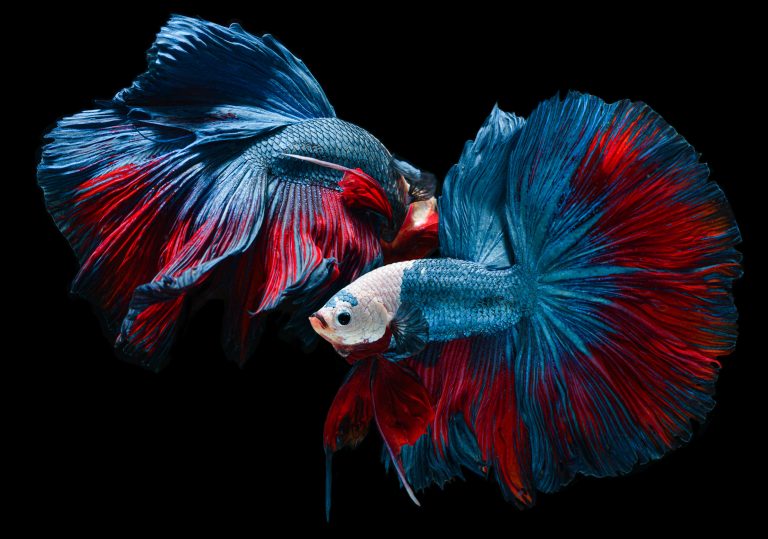Introduction
Welcome to a deep dive into the captivating realm of axolotls, those enigmatic aquatic creatures that have captured the curiosity of hobbyists and researchers alike. These amphibians, known for their regenerative abilities and distinctive appearance, have intriguing feeding habits that deserve attention. In this article, we will explore the question: “How long can an axolotl go without food?” We’ll also delve into their survival strategies, feeding frequency, and essential care guidelines.
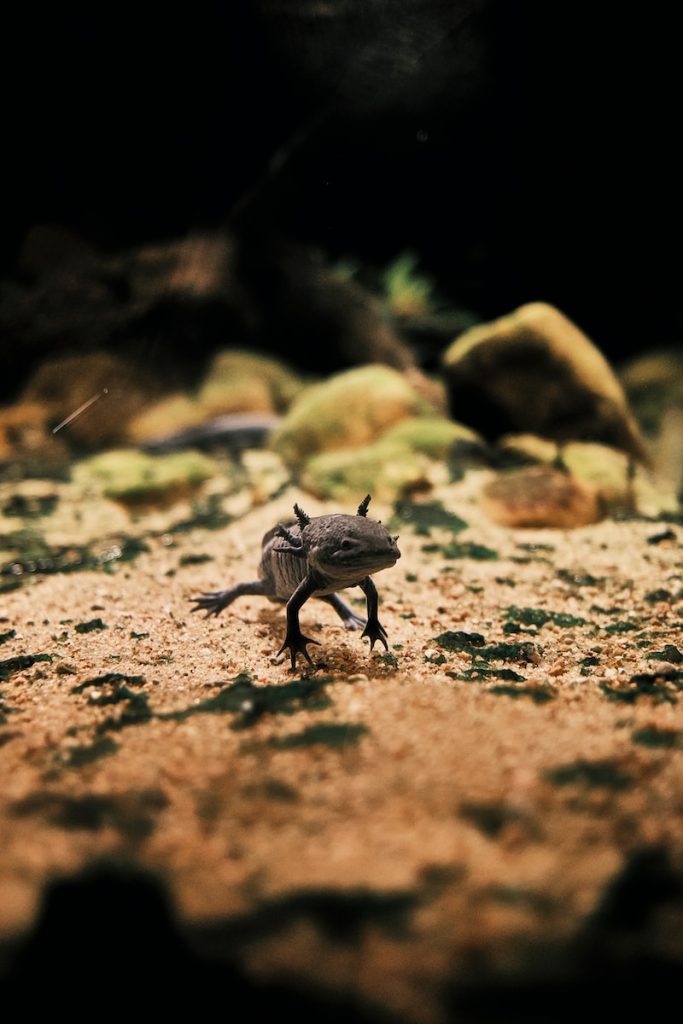
How Long Can an Axolotl Go Without Food?
Axolotls are fascinating creatures with unique physiological adaptations. One common query among axolotl enthusiasts is how long these aquatic animals can go without food. Axolotls are skilled at conserving energy and can endure extended periods without eating. Generally, they can survive without food for around one to two weeks. However, this duration can vary depending on factors such as the axolotl’s age, health, and environmental conditions.
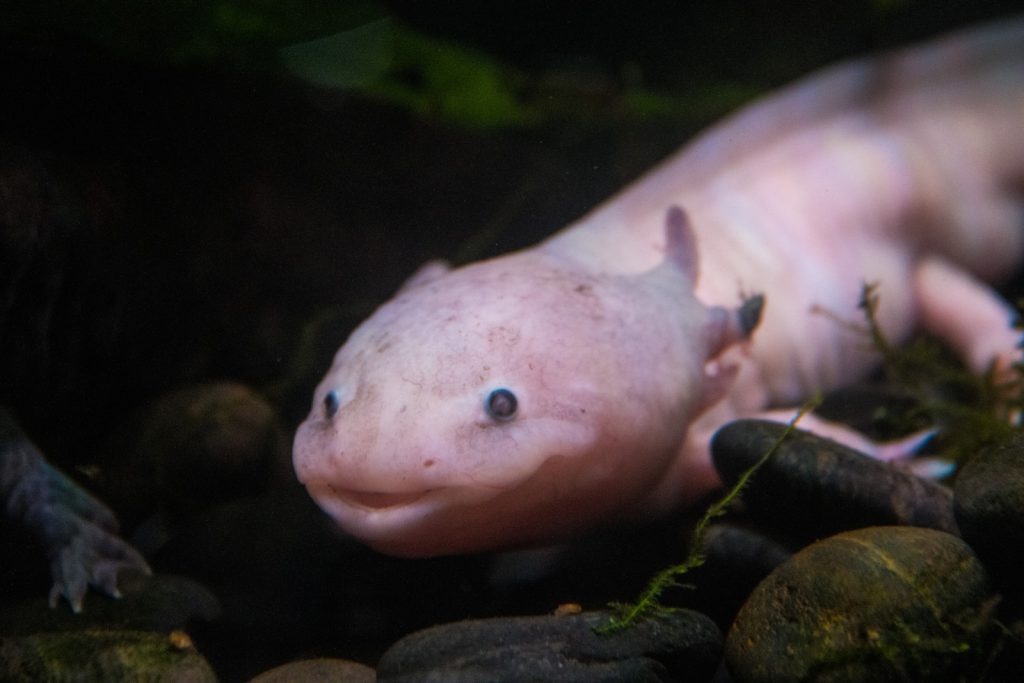
Axolotl Feeding Frequency
To maintain the health and vitality of your axolotl, it’s essential to understand their feeding frequency. These aquatic beings are opportunistic feeders, meaning they consume food whenever it’s available. Ideally, adult axolotls should be fed every 2-3 days, while juvenile axolotls have a more frequent feeding schedule of daily to every other day.
Factors Influencing Feeding Frequency
Several factors influence the feeding frequency of axolotls, including:
- Age: Juveniles are more active and have higher metabolisms, requiring more frequent feedings.
- Size: Larger axolotls might consume more substantial meals and, as a result, require less frequent feeding.
- Water Temperature: Warmer water temperatures can accelerate metabolism, necessitating more frequent feedings.
- Health: Ill or stressed axolotls might eat less frequently, and adjusting their feeding schedule accordingly is crucial for their well-being.
Balanced Diet for Axolotls
Providing a balanced diet is vital for the overall health and longevity of your axolotl. A proper diet includes a variety of high-quality foods, such as:
- Live Foods: Axolotls thrive on live foods like earthworms, bloodworms, and brine shrimp.
- Commercial Pellets: Specially formulated axolotl pellets can be a convenient part of their diet.
- Small Fish: Occasionally offering small, appropriately sized fish can mimic their natural hunting behavior.
Axolotl Feeding Tips
Ensuring your axolotl’s well-being involves more than just providing food. Here are some helpful tips for feeding these aquatic creatures:
- Portion Control: Feed an amount that your axolotl can consume in a few minutes to prevent overfeeding and water pollution.
- Variety: Rotate between different types of food to offer a diverse and nutritious diet.
- Observation: Pay attention to your axolotl’s eating habits; a sudden decrease in appetite could signal an underlying issue.
- Clean Environment: Maintain a clean tank to prevent uneaten food from accumulating and affecting water quality.
FAQs about Axolotl Feeding
Q: Can axolotls eat everyday food like fish flakes? A: Axolotls have specific dietary needs and should primarily be fed live foods or specialized pellets designed for them.
Q: How often should I feed my juvenile axolotl? A: Juvenile axolotls have higher metabolisms and should be fed daily or every other day.
Q: Can axolotls overeat? A: Yes, overfeeding can lead to obesity and water pollution. Feed them an amount they can consume in a few minutes.
Q: Do axolotls hunt for food? A: Yes, axolotls are opportunistic hunters. They use their keen senses to locate prey in their environment.
Q: Can axolotls eat vegetables? A: Axolotls are primarily carnivorous, so while they might nibble on vegetables, their main diet should consist of protein-rich foods.
Q: Do axolotls stop eating during breeding? A: Yes, axolotls might reduce their food intake during breeding periods, which is normal behavior.
Conclusion
In the realm of aquatic wonders, axolotls stand out as captivating creatures with distinctive feeding habits. So, how long can an axolotl go without food? Generally, around one to two weeks, but this varies based on several factors. By understanding their feeding frequency, providing a balanced diet, and following expert guidelines, you can ensure the well-being of these remarkable amphibians. Remember, proper care extends beyond feeding; a clean environment and attentive observation are also key to their happiness and health.
